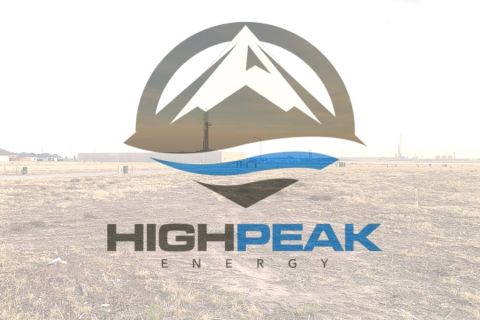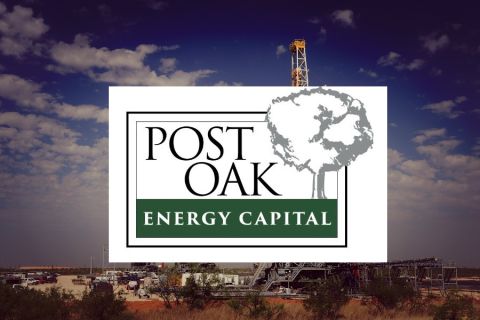Norwegian oil major Statoil plans to develop its Arctic Johan Castberg oilfield after having cut costs by half, with a decision on investments in 2017, its chief executive said on Jan. 19.
Worried by high costs of operating in the remote Arctic Barents Sea, the Norwegian oil major last year delayed a final investment decision for Castberg, one of the world's northernmost oil finds.
"The investment estimate is almost halved from around 100 billion crowns ($11.29 billion) to between 50 and 60 billion crowns," Chief Executive Eldar Saetre told an industry conference on Jan. 19.
He said costs for the field, expected to contain up to 650 million barrels of oil equivalents, could fall further.
"We still have possibilities to improve the project and I think we will make it work, now that we have decided to focus on one solution," Saetre told Reuters after his presentation.
He declined to comment on what oil price the company needed for the project to break even.
Statoil said in November that the breakeven price was "well under" $60 per barrel. Independent Norwegian consultancy Rystad Energy said the breakeven price for Castberg is around $56 per barrel.
Since mid-2014, oil companies have postponed investments and laid off thousands of workers to cut costs in response to a tumble in the price of crude. Brent crude traded around $29 per barrel on Jan. 19.
The firm and its partners have picked a floating production storage and offloading (FPSO) concept for the field, he added. Possible production start would be 2022.
Norway's state-owned Petoro and Italy's ENI are partners in the field.
Norway said in December it had given up seeking permission from European competition authorities to provide state support to bring oil and gas onshore from the Johan Castberg find.
So far Norway's only Arctic offshore field in production is Statoil's Snoehvit gas field in the Barents Sea.
ENI said on Jan. 19 it expects to start oil production at the Goliat field, the first oilfield in the Barents Sea, in three to five weeks pending completion of formal procedures.
That will make Goliat the world's most northerly producing offshore oilfield, the company said. The field was originally scheduled to start in November 2013, but has been delayed several times.
($1 = 8.8544 Norwegian crowns)
Recommended Reading
CEO: Coterra ‘Deeply Curious’ on M&A Amid E&P Consolidation Wave
2024-02-26 - Coterra Energy has yet to get in on the large-scale M&A wave sweeping across the Lower 48—but CEO Tom Jorden said Coterra is keeping an eye on acquisition opportunities.
Why Endeavor Energy's Founder Sold His Company After Years of Rebuffing Offers
2024-02-13 - Autry Stephens', the 85-year-old wildcatter, decision to sell came after he was diagnosed with cancer, according to three people who discussed his health with him.
Permian Resources Declares Quarterly Base, Variable Dividends
2024-02-29 - Permian Resources’ dividends are payable March 21 to shareholders of record by March 13.
HighPeak Energy Authorizes First Share Buyback Since Founding
2024-02-06 - Along with a $75 million share repurchase program, Midland Basin operator HighPeak Energy’s board also increased its quarterly dividend.
Permian E&P Midway Energy Partners Secures Backing from Post Oak
2024-02-09 - Midway Energy Partners will look to acquire and exploit opportunities in the Permian Basin with backing from Post Oak Energy Capital.




